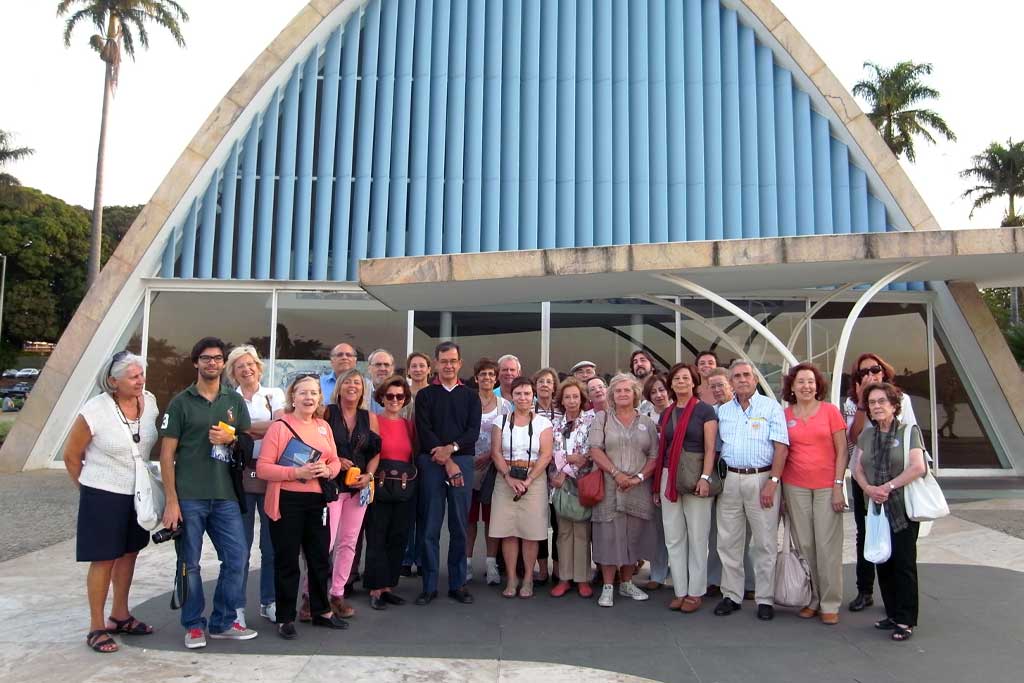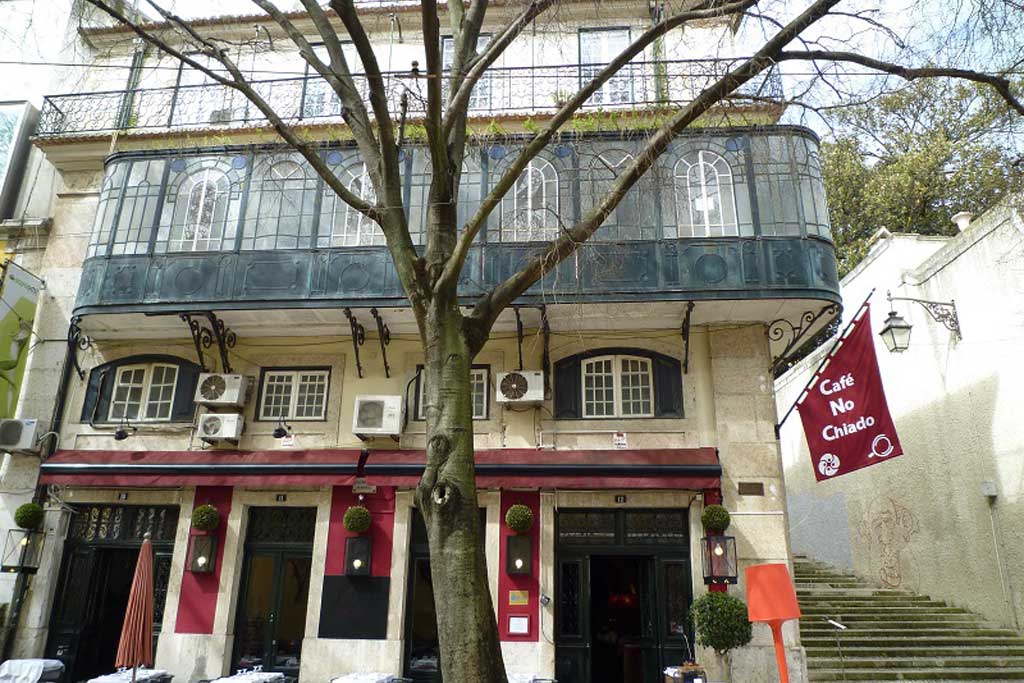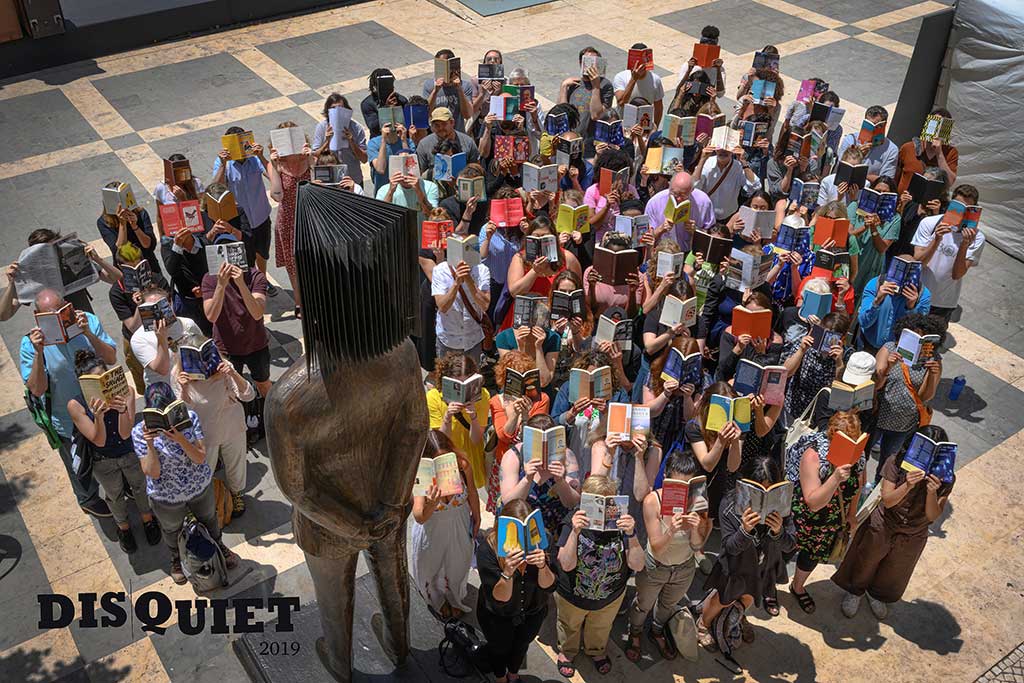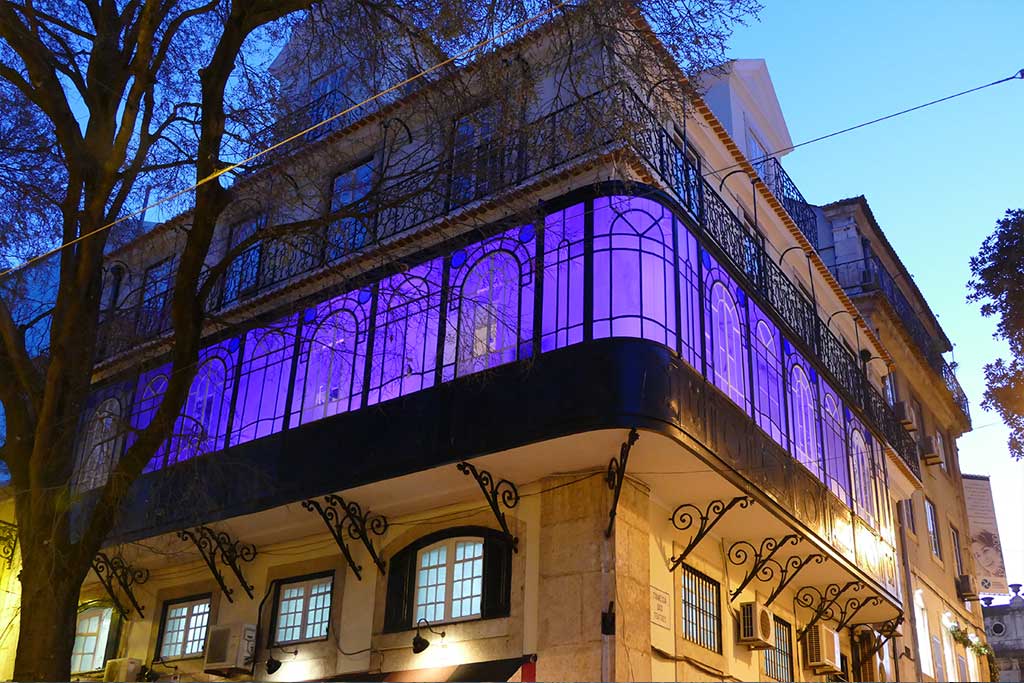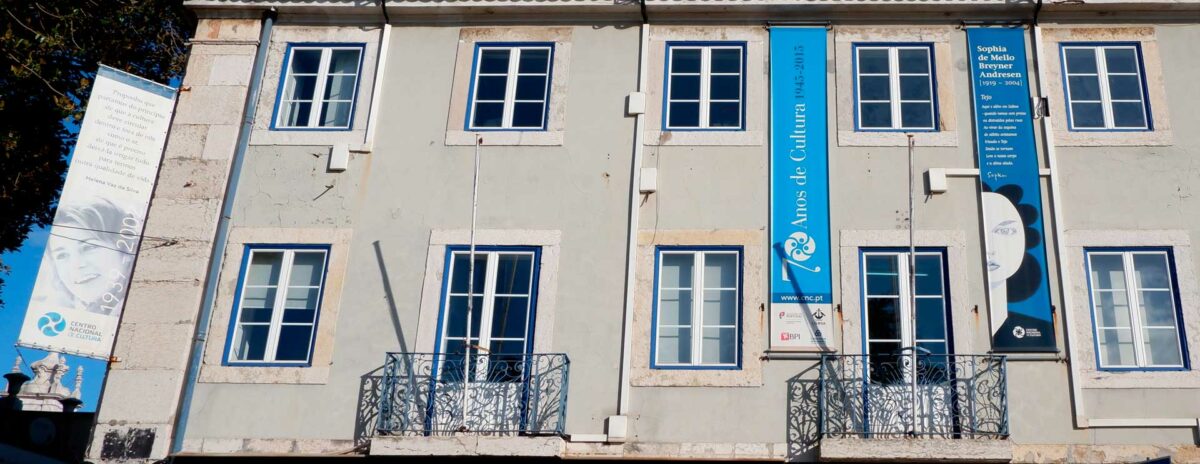Centro Nacional de Cultura
The Centro Nacional de Cultura is a cultural association of public utility. Created on 13 May 1945 by a group of monarchists and Catholics opposed to the regime, it was conceived as an “intellectuals’ club” for debating ideas. It registered its statutes in 1952.
Always with the aim of “defending a free culture”, in the 1960s, under the leadership of Sophia de Mello Breyner Andresen, Francisco Sousa Tavares, Gonçalo Ribeiro Telles, João Bénard da Costa and António Alçada Baptista, it established itself as a democratic forum attended by intellectuals and cultural creators.
After 25 April 1974, under the impetus of the team led by Helena Vaz da Silva, a new phase began, focused on internationalisation and the enhancement of culture and heritage, with a wide variety of activities aimed at a diverse public: “Sunday Walks”, cultural travel cycles, training and dissemination courses, international meetings, seminars, exhibitions, editions, literary and artistic competitions, prizes and scholarships, children’s activities, providing cultural services to schools, companies and foreign groups visiting Portugal.
In the 21st century, the CNC is reinforcing its identity by valorising historical memory, promoting contemporary creation and strengthening the debate on culture and active citizenship. Its main lines of action are the defence, dissemination and enhancement of cultural heritage, based on an integrated notion of territory, community, environment, heritage and tourism. On a daily basis, its action can be summarised as a policy of “making contact”, “articulating”, “making things happen”.
From the Chiado neighbourhood in Lisbon, where we have our facilities, including a library and a literary café (Café no Chiado), we develop activities and projects. The National Culture Centre is a member of international networks and is the official representative of Europa Nostra in Portugal. It is the organisation that owns the Caminhos de Fátima project and the respective brand.
Find out more on the website cnc.pt
